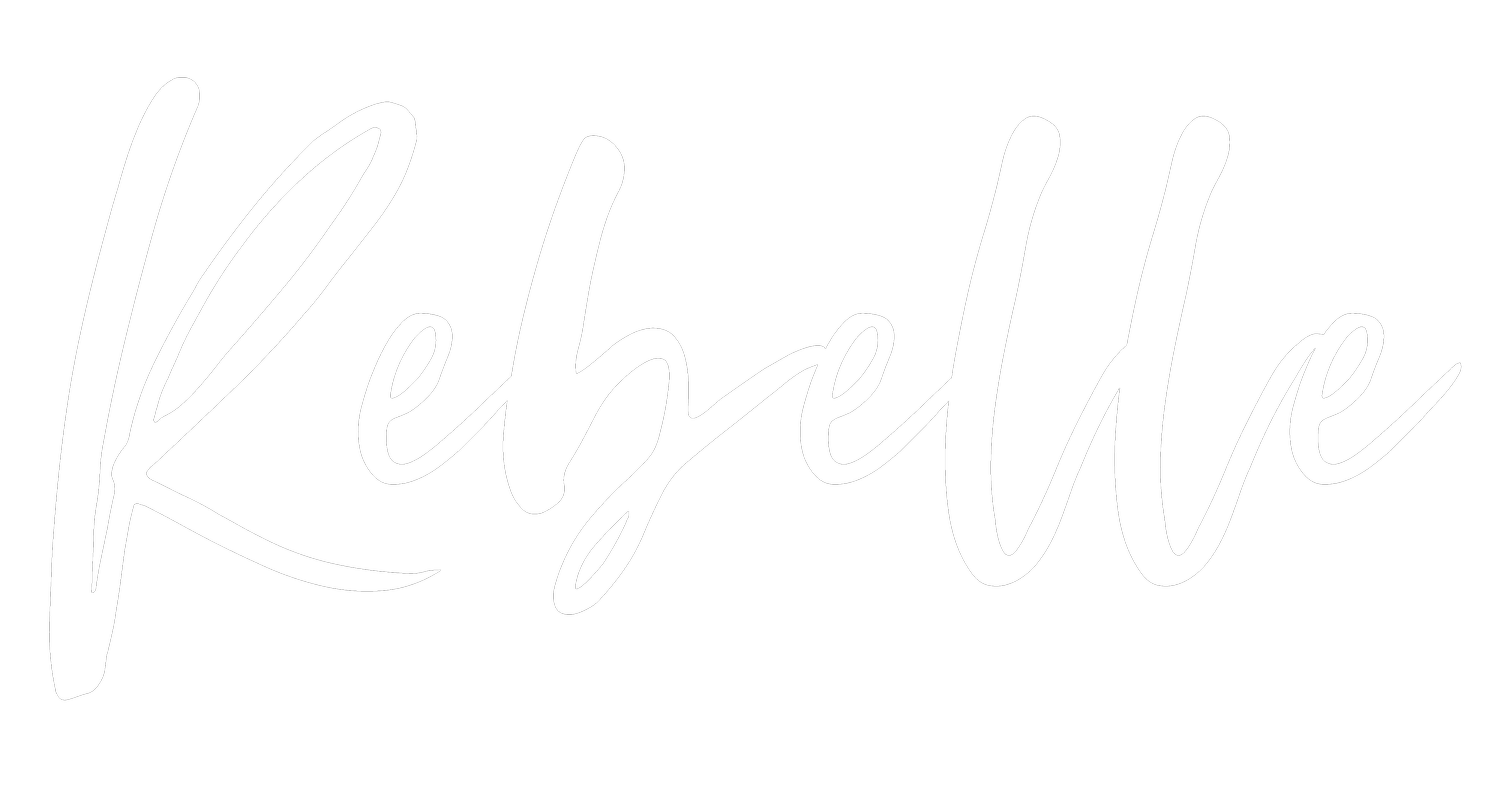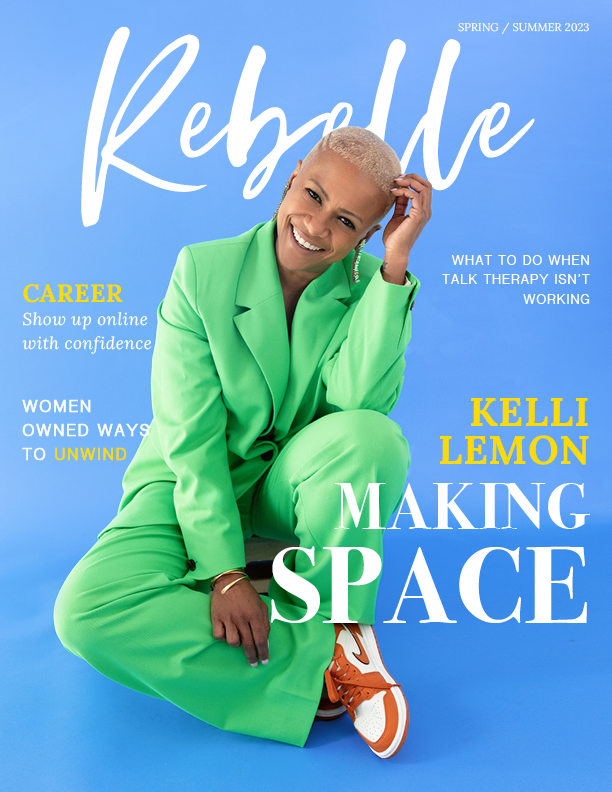There's No Such Thing As Women's Intuition
Essay by Kate Neale Cooper on the truth about "women's intuition".
I’m tired of receiving false praise for my women’s intuition. It’s happened to me at least five times this year. I hear it most often when people learn about my daughter’s medical struggles, which culminated in three brain surgeries in 10 months.
For 16 years, I was in charge of her care: scheduling and attending appointments, reading books and medical journals, attending webinars, and connecting with advocates and healthcare providers across the country. (To be clear, my husband helped, too, but this essay is not about what he did or did not do; it’s about the work I did and how it was characterized.)
I was diligent. I was relentless. I was exhausted. The massive responsibility of managing my child’s healthcare limited my career and stunted my relationships. When we thought we’d reached the end of the road—when, for the second time in eight years, doctors told us that the surgery we hoped for wasn’t possible—I insisted on getting one more opinion. Based on everything I had learned, I was sure the team had missed something. And I was right. Seven months later, our daughter finally had the surgery that stopped her seizures.
When people hear this story, many of them say something like, “You just knew, didn’t you? It was your women’s intuition.” But I didn’t have a feeling. I had a hypothesis. An explanation based on the evidence I had gathered. That’s not intuition. It’s work. And the fact that people don’t recognize it as such is a problem.
People praise our women’s intuition almost exclusively in the domestic sphere. I’ve heard the phrase used to praise my hosting, decorating, and mothering skills. But no one’s ever credited my women’s intuition for helping me pitch a potential client, land a lucrative retainer, or produce great work product. Do you see the pattern?
Our intuition seems to be limited to activities traditionally categorized as “women’s work.” It doesn’t apply to market work (aka work we do for pay).
This raises two questions for me:
1. Are women really more intuitive than men?
2. Why does it matter what people call it if they’re trying to say something nice?
Let’s take a look at the first question. Are women really more intuitive than men? I could find surprisingly little research on this topic. But what I did find suggests the answer is no.
A 2001 study, "Gender Differences, Motivation and Empathic Accuracy: When it pays to understand,” found that men’s and women’s performance on empathic tasks was based on motivation—not ability. (According to Wikipedia, empathic accuracy is “a measure of how accurately one person can infer the thoughts and feelings of another person—the stuff we label “intuition.”)
Here’s how it played out: Women only performed better at empathic tasks when they were primed by completing a “sympathy survey” before doing the tasks. Perhaps even more importantly, men and women performed equally well when they were paid based on their performance (i.e., when intuition became market work). The authors concluded, “It is not a difference in ability that leads women to be more empathic in some circumstances but a difference in motivation.”
Now, look. I get that this is just one study, but it does provide food for thought. Intuition, it suggests, isn’t a gift women are born with. It’s a skill we all possess, a skill that men use more effectively when they’re getting paid to use it.
So let’s turn our attention to the second question. Why does it matter what we call it? First and foremost, when we misclassify work as intuition, we rob women of the credit they deserve for doing this work. Figuring out how to stop your child’s seizures is no more intuitive than creating operational efficiencies on an assembly line or building a go-to-market strategy for a new product. It’s cognitive work that’s rooted in logic and expertise, not emotions and feelings. And when we dismiss real work as some sort of surreal sixth sense, we feel less compelled to reward it—monetarily or otherwise.
Second, when we label this work as women’s intuition, we deny women the support they need to do this work. This is important. If women’s intuition is an innate skill that enables women to magically and instantly make things happen, they don’t need anyone’s help.
If, on the other hand, there is no such thing as women’s intuition—if this work is simply stuff that people who aren’t women don’t want or aren’t incentivized to do—what does that mean?
It means we’re ready to discuss the third point: the concept of women’s intuition absolves men of responsibility for certain types of thinking and work even when they’re just as capable of doing it. We’re essentially saying, “You don’t have women’s intuition, so it’s no wonder you’re no good at/not interested in this work. And that’s OK.” But it’s not.
All too often, this kind of work is unpaid. It’s child-focused, it’s relationship-centered, it’s domestic. It isn’t the kind of work our capitalist society values because there is no demonstrable return on investment. And if we can’t quantify the value of something in dollars, we mistakenly believe it has no value at all.
Isaac Asimov wrote about women’s intuition in his short story “Feminine Intuition” for The Magazine of Fantasy and Science Fiction in 1969. (It starts off slow, but it gets better. I had to read it twice to really get it.)
I’m not a science fiction fan, but I love this story. Here’s the plot: Scientists are desperate to find another habitable planet. A planetologist and his robot solve the problem. But then they are destroyed by a meteorite before they can convey their discovery to headquarters. (You have to suspend your disbelief. It is science fiction.)
The team is stumped. They have all the clues, but they can’t put them together. So they call in the former program director, Susan Calvin (a woman!), to help. Calvin asks for an office and all the relevant files and solves the mystery in 45 minutes. When she declares that she has the answer, the men challenge her. “How can you be sure?” they ask. Calvin considers explaining how she spent those 45 minutes: reviewing records, interviewing witnesses, and doing calculations. As the reader, you know how she figured it out. But she’s fed up and refuses to explain herself to her male colleagues.
“You men,” she says. “Faced with a woman reaching a correct conclusion and unable to accept the fact that she is your equal or superior in intelligence, you invent something called feminine intuition."
Calvin didn’t explain herself, but if we want to dispel the myth of women’s intuition we have to. So every time someone compliments my women’s intuition, I’ll repeat what I’ve said a few times now: “It wasn’t intuition. It was work.” To not do that is to devalue my own time and effort, to devalue myself.
It’s tempting to brush off the idea of women’s intuition as a harmless trope, but I encourage you to think about it harder. To read between the lines. To listen for people using the phrase. And then to remind them that it’s the stuff of science fiction.
Kate Neale Cooper (There's No Such Thing As Women's Intuition) Kate Neale Cooper is an editor at Cognoscenti, the ideas and opinion page of WBUR, and the creator of Skin of Our Teeth, a newsletter for women who feel like they’re just barely getting by.


